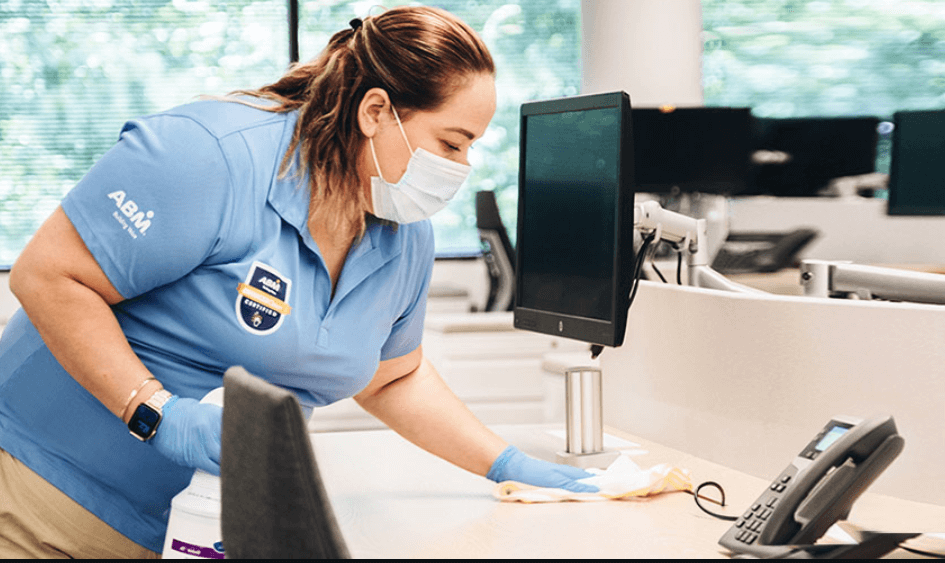
Understanding the Role of a Disinfection Specialist
A disinfection specialist plays a critical role in maintaining safe and hygienic environments in residential, commercial, and public spaces. Their primary responsibility is to identify high-risk areas, apply proper disinfecting techniques, and ensure that spaces are free from harmful pathogens, bacteria, and viruses. By combining knowledge of microbiology with professional cleaning practices, a disinfection specialist ensures that the spread of diseases is minimized.
Key Responsibilities of a Disinfection Specialist
The responsibilities of a disinfection specialist extend beyond basic cleaning. They include inspecting areas for contamination, selecting appropriate disinfectants, and employing specialized equipment to sanitize environments. Additionally, they maintain records of disinfection procedures and monitor the effectiveness of their methods. This systematic approach ensures that hygiene standards are met consistently.
Tools and Techniques Used in Disinfection
Disinfection specialists use a variety of tools and techniques to achieve thorough sanitation. Common methods include electrostatic spraying, fogging, and deep cleaning of surfaces. These techniques help reach areas that are often overlooked, such as vents, behind appliances, and under furniture. By using specialized equipment and proven methods, a disinfection specialist ensures effective elimination of harmful microorganisms.
Importance of Professional Training
Professional training is essential for a disinfection specialist. Proper knowledge about chemical handling, safety protocols, and microbial resistance is critical to perform the job safely and effectively. Training also equips specialists with the ability to assess risk areas, choose the right disinfectant, and apply it in a manner that maximizes effectiveness while minimizing exposure to harmful chemicals.
Benefits of Hiring a Disinfection Specialist
Hiring a disinfection specialist offers several benefits. First, it ensures a cleaner and healthier environment, reducing the risk of infections. Second, it saves time and effort, allowing individuals or organizations to focus on other priorities. Lastly, professional specialists can handle complex sanitation tasks that may be challenging for untrained personnel.
See also: Affordable and Flexible Life Insurance Plans by Sun Life
Areas of Focus in Disinfection
Disinfection specialists prioritize high-contact areas that are prone to contamination. This includes doorknobs, light switches, countertops, electronic devices, and bathrooms. They also focus on communal spaces such as offices, gyms, and public transport vehicles. By targeting these critical areas, a disinfection specialist minimizes the risk of pathogen spread.
Safety Measures and Protocols
Safety is a top priority for a disinfection specialist Protective gear, proper ventilation, and careful handling of chemicals are mandatory to prevent harm. Adherence to health and safety regulations ensures that both the specialist and the occupants of the space are protected during and after the disinfection process.
Disinfection for Residential Spaces
In residential spaces, a disinfection specialist provides targeted solutions to maintain a healthy home environment. Families, especially those with young children or elderly members, benefit from professional sanitation services. Regular disinfection prevents illness outbreaks and creates a safe living environment.
Commercial and Public Space Applications
Disinfection specialists are essential in commercial and public spaces, including offices, schools, hospitals, and restaurants. Their work reduces absenteeism, enhances public health, and creates a positive perception of hygiene and safety among employees and visitors. Businesses benefit from maintaining a clean and safe environment for both staff and clients.
Emergency Disinfection Services
Disinfection specialists are also vital during emergencies, such as disease outbreaks or contamination incidents. They provide rapid response services to sanitize affected areas, preventing further spread of pathogens. Emergency disinfection requires specialized skills and quick action, highlighting the importance of professional expertise.
Choosing a Reliable Disinfection Specialist
Selecting a reliable disinfection specialist is key to ensuring effective sanitation. Look for certified professionals with proven experience, positive client feedback, and adherence to industry standards. A reliable specialist not only provides thorough cleaning but also educates clients on maintaining hygiene practices between professional visits.
Conclusion
A disinfection specialist is an indispensable part of maintaining clean, safe, and healthy environments. Their professional expertise, specialized tools, and knowledge of safety protocols make them essential for both residential and commercial spaces. By hiring a disinfection specialist, individuals and organizations can ensure consistent hygiene, reduce health risks, and foster a safe environment for all.



